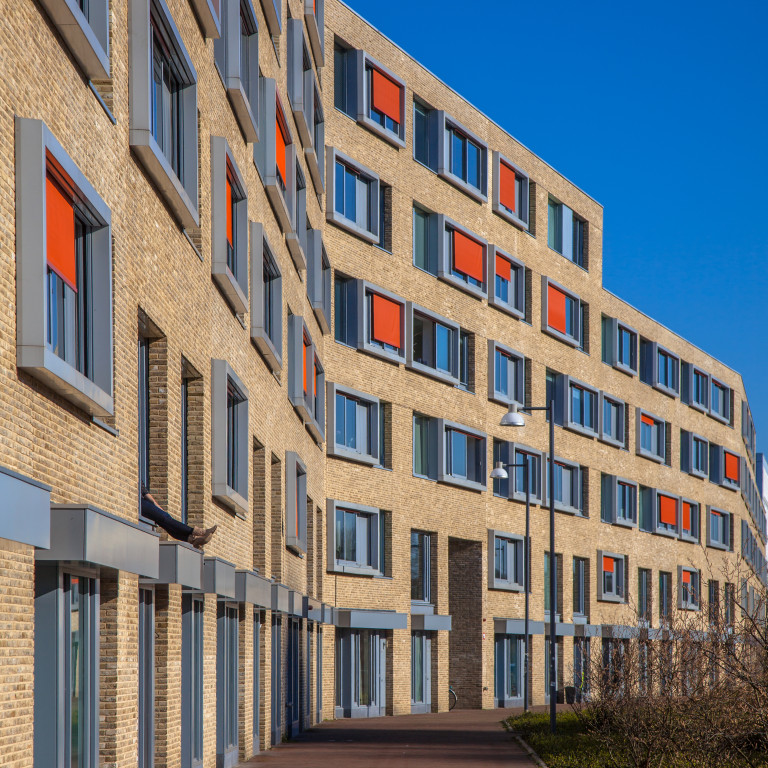In April 2025, the Housing Ombudsman released its latest severe maladministration report, highlighting significant failures across multiple landlords.
The report underscores the critical need for effective communication in housing services, particularly in handling emergency repairs, safeguarding vulnerable tenants, and ensuring timely responses to complaints.
Key Findings: Where Communication Broke Down
The report looked at cases where landlords did not communicate well with tenants. This caused long-lasting stress and unsafe living conditions. Some of the examples highlighted by the Ombudsman included:
- Delayed emergency repairs due to poor triaging and lack of follow-up.
- Limited records and communication, resulting in unresolved issues.
- Failures to notify residents about scheduled maintenance, leading to unnecessary delays.
- Inadequate coordination between landlords and contractors, causing confusion and inefficiency.
The Power of Good Communication
The Ombudsman’s findings reinforce the vital role of clear, proactive communication in preventing severe maladministration and improving services for residents. The benefits of effective communication can include:
- Ensure timely responses to urgent repairs.
- Build trust between landlords and tenants.
- Improve record-keeping, reducing the risk of unresolved complaints.
- Enhance coordination between different teams, ensuring swift action.
Lessons for Landlords
To avoid similar failures, the Ombudsman emphasized 4 key areas or “ingredients” to improve communications and become the foundation for effective landlord-tenant interactions:
- timely
- transparent
- tailored
- tone
1. Timely Communication
One of the most common failures identified was delays in responding to tenant concerns, particularly regarding urgent repairs. The report found that:
- Slow responses led to prolonged distress for tenants.
- Lack of follow-up resulted in unresolved issues.
- Failure to meet deadlines created frustration and distrust.
The Ombudsman suggested that landlords respond quickly to complaints and repairs. They should also give clear timelines and regular updates to tenants.
2. Transparent Communication
Many cases in the report highlighted poor record-keeping and unclear messaging, leading to confusion and miscommunication. Transparency is crucial because:
- Unclear explanations make tenants feel ignored.
- Hidden delays erode trust in housing providers.
- Lack of transparency about policies and decisions leads to complaints.
Landlords should talk openly with tenants. This helps tenants know what is happening, why it is happening, and when their concerns will be addressed.
3. Tailored Communication
The report emphasized that one-size-fits-all communication doesn’t work, especially for vulnerable tenants. Some key failures included:
- Ignoring accessibility needs, such as providing only digital updates for tenants who require phone or in-person communication.
- Failing to consider individual circumstances, such as tenants with disabilities or language barriers.
- Generic responses that didn’t address specific concerns.
Landlords should adapt their communication to meet the needs of different tenants, ensuring personalised and accessible interactions.
4. Trust
Trust is built through consistent, reliable, and empathetic communication. The report found that:
- Dismissive responses made tenants feel unheard.
- Broken promises led to frustration and complaints.
- Lack of accountability damaged relationships between landlords and tenants.
Landlords must prioritise empathy and reliability, ensuring tenants feel respected, valued, and confident in the housing service they receive.
Conclusions
The maladministration report is part of the Housing Ombudsman’s series on Awaab’s Law. It helps landlords get ready for new laws starting in October 2025.
Starting in October, social landlords must check and fix dangerous damp and mould within specific time frames. They also need to repair all emergency hazards within 24 hours.
The Ombudsman thinks that clear and open communication is important. It helps reduce mistakes and build trust with residents.
How can Tozers help
To provide the best possible service, we draw on the expertise of our firm’s other teams. This allows us to offer specialist advice in areas such as employment law, planning, construction, property litigation, charity law, governance, and data protection.
Our holistic approach ensures that we can meet a broad range of the legal needs of our clients in the affordable housing sector. If you have any questions about Awaab’s law, other legislative or regulatory changes, or need support, please get in touch with the team.






